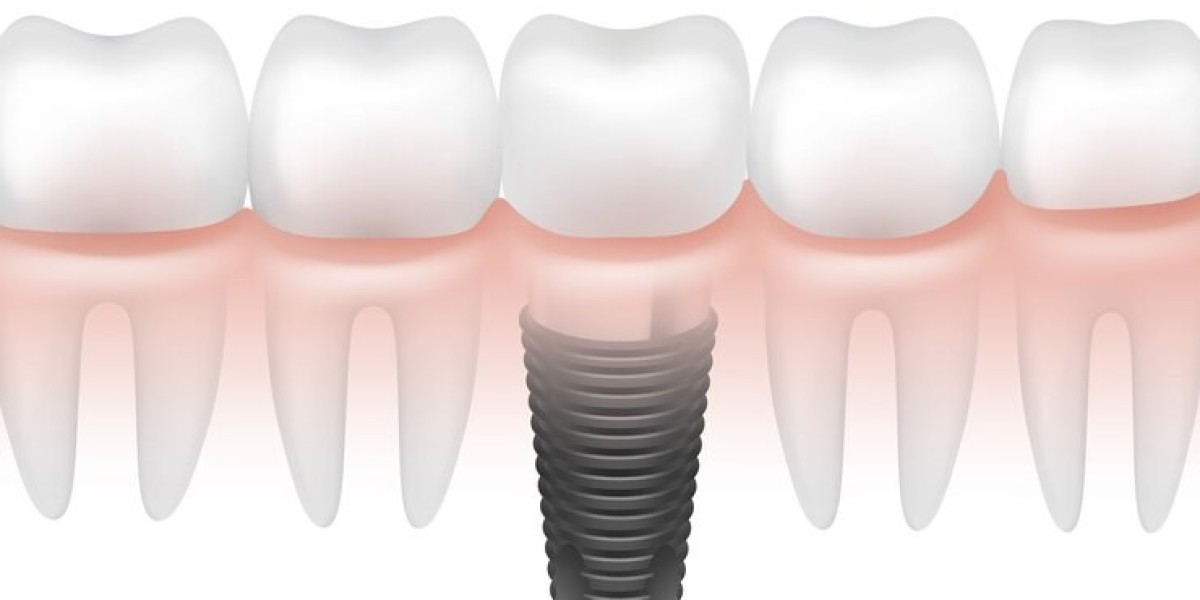Dental implants have revolutionized the field of dentistry, offering a durable and natural-looking solution for missing teeth. Whether you've lost a tooth due to injury, decay, or other reasons, dental implants provide a long-term solution that can restore your smile and confidence. However, before undergoing the procedure, there are a few important things you should know.
What are Dental Implants?
Dental implants are titanium posts that are surgically inserted into the jawbone to replace missing tooth roots. These implants serve as a sturdy foundation for replacement teeth, such as crowns or bridges. Unlike dentures or bridges, which sit on the gum line or are anchored to adjacent teeth, implants are anchored directly into the jawbone, providing stability and preventing bone loss.
The Procedure
Getting dental implants typically involves several steps and may require multiple visits to the dentist. Initially, the dentist will assess your oral health and take X-rays to determine if you're a suitable candidate for implants. If you have any underlying dental issues, such as gum disease, they may need to be addressed before proceeding with the implant surgery. During the surgery, the implant post is inserted into the jawbone, and then allowed to heal and fuse with the bone in a process called osseointegration. Once the implant has integrated with the bone, an abutment is attached to the post, and a custom-made crown or bridge is placed on top to complete the restoration.
Longevity and Maintenance
One of the significant advantages of dental implants is their durability and longevity. With proper care and maintenance, dental implants can last a lifetime, making them a cost-effective solution in the long run. Unlike dentures, which may need to be replaced every few years, implants are designed to withstand the forces of chewing and speaking without slipping or shifting. However, it's essential to maintain good oral hygiene practices, such as brushing and flossing regularly and scheduling routine dental check-ups, to ensure the longevity of your implants.
Bone Health
When a tooth is lost, the underlying jawbone can begin to deteriorate over time due to lack of stimulation. This can lead to further tooth loss and changes in facial appearance. Dental implants help preserve bone health by providing stimulation to the jawbone, similar to natural tooth roots. By integrating with the bone, implants stimulate new bone growth and prevent bone loss, maintaining the structure and integrity of the jawbone.
Cost Considerations
While dental implants offer numerous benefits, they can be a significant investment. The cost of dental implant treatment varies depending on factors such as the number of implants needed, any additional procedures required, and the location of the dental practice. However, many dental offices offer financing options or payment plans to help make implants more affordable. It's essential to consider the long-term benefits of implants, such as improved oral health and quality of life, when evaluating the cost.
In conclusion, dental implants are a valuable solution for replacing missing teeth, offering durability, functionality, and aesthetics. By understanding the key aspects of dental implant treatment, including the procedure, longevity, maintenance, bone health, and cost considerations, you can make an informed decision about whether implants are the right choice for you. If you're considering dental implants, consult with a qualified dentist in maidstone or oral surgeon to determine the best treatment plan for your needs.






